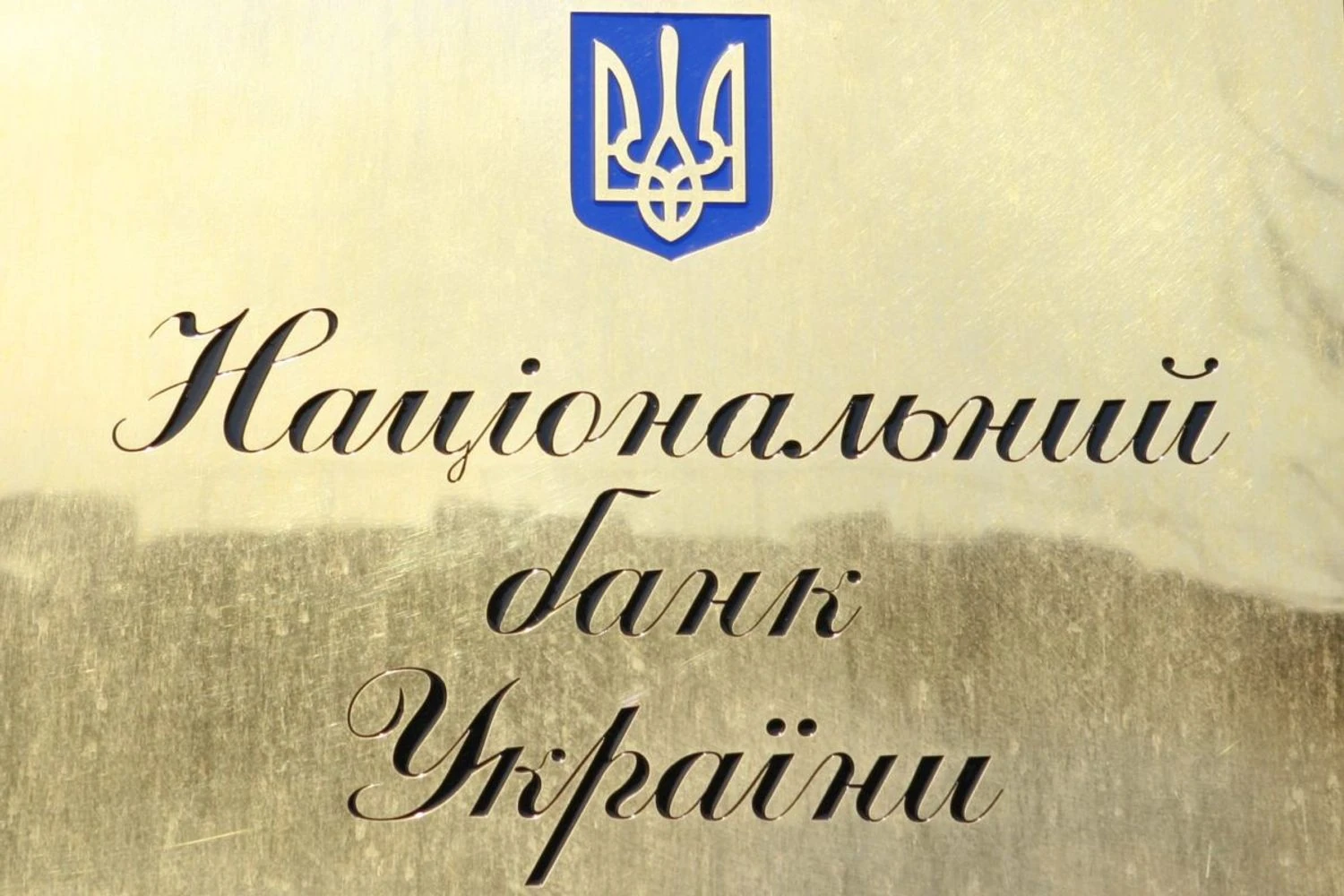“Is the right to do business in Ukraine no longer protected? The NBU can destroy any bank without punishmentThe Supreme Court closed the case of Concord Bank against the NBU and the Deposit Guarantee Fund, citing Law No. 590-IX. This
decision deprives shareholders of liquidated banks of the right to judicial protection, despite previous decisions of lower
courts.
”, — write: unn.ua
What happenedThe panel of the Cassation Administrative Court within the Supreme Court on July 30, 2025, closed proceedings in the dispute between “Concord” bank and the National Bank of Ukraine and the Deposit Guarantee Fund. Previously, the courts of first and appellate instances recognized the NBU’s decision to withdraw the bank from the market as illegal, but the Supreme Court overturned these decisions without even considering the case on its merits.
In its ruling, the panel directly stated that no court in Ukraine is empowered to consider lawsuits by shareholders of banks undergoing liquidation regarding unlawful actions or decisions of the National Bank of Ukraine.
In this ruling, the Cassation Administrative Court within the Supreme Court set forth a legal conclusion that, according to the specifics of legal regulation of the disputed legal relations, the claims of a former shareholder of an insolvent bank (in this case, a liquidated bank) are not subject to consideration either under administrative or commercial legal proceedings, and by the subjective composition of the participants in the legal relations, they do not fall under the jurisdiction of a civil court. That is, such claims are not subject to consideration by any court
Thus, the Supreme Court did not evaluate the decisions of the lower courts and did not find them to be illegal or unfounded. The co-founder of “Concord” bank, Olena Sosedka, considers the court’s decision biased, stating that shareholders were deprived of their constitutional rights to protection.
Without access to justiceIn its decision, the Supreme Court panel relied on the norms of Law No. 590-IX “On Amendments to Certain Legislative Acts of Ukraine Regarding the Improvement of Mechanisms for Regulating Banking Activity.” Dmytro Kasianenko, a lawyer at “Kasianenko and Partners” Law Firm, emphasized in a comment to UNN that the Supreme Court’s decision contradicts the Constitution of Ukraine and the European Convention.
The wording “such claims are not subject to consideration by any court” means that regardless of the circumstances, arguments, or evidence, a person will not gain access to justice. This contradicts Article 55 of the Constitution of Ukraine, which guarantees everyone the right to judicial protection, as well as Article 6 of the Convention for the Protection of Human Rights and Fundamental Freedoms
Such judicial practice clearly demonstrated that shareholders of banks being withdrawn from the market find themselves outside the legal framework, and their constitutional right to a fair trial is nullified.
First Chinese warningAs early as 2020, people’s deputies warned that the norms of this Law No. 590-IX create a legal conflict and make it impossible for shareholders of banks undergoing liquidation to access justice. In fact, the state legalized a mechanism whereby the National Bank and the Deposit Guarantee Fund gain complete impunity, while shareholders remain defenseless. No matter what decision one of these regulators makes, even the most absurd and illegal, it cannot be appealed in any court in Ukraine.
Even then, 64 people’s deputies appealed to the Constitutional Court of Ukraine with a submission, in which they pointed out a number of contradictions to the Constitution of Ukraine.
In particular, according to the deputies’ submission, Law No. 590-IX directly stipulates that even if the decision of the National Bank or the Deposit Guarantee Fund is recognized as unlawful, this does not restore the rights of shareholders and does not return the bank to its previous state, and the only means of protection remains monetary compensation for damages. Thus, shareholders undergoing liquidation were effectively deprived of the opportunity to protect their rights in court by canceling the regulator’s decisions, even if the NBU’s decisions are illegal.
In their appeal, the deputies emphasized that such norms contradict Article 55 of the Constitution of Ukraine, which guarantees everyone the right to judicial protection, as well as Article 6 of the Convention for the Protection of Human Rights and Fundamental Freedoms. The constitutional appeal stressed that parliament created a situation where citizens and investors can formally apply to court, but in fact have no effective means of restoring violated rights.
The Constitutional Court distanced itself from considering the submission and closed the proceedings, citing that the constitutional submission did not meet the requirements of the law. Thus, the said law was never considered for compliance with the Constitution of Ukraine.
One of the initiators of the constitutional submission, People’s Deputy Mykhailo Tsymbaliuk, commented to UNN that parliamentarians are currently looking for legal grounds to re-apply to the Constitutional Court and for it to consider the document on its merits this time, rather than dismissing it for far-fetched reasons.
In fact, on this issue, we are looking for other grounds, if they have appeared, to appeal to the court again. Because we believe that it is wrong when bank shareholders are deprived of any legal protection. This is unfair to those people who trusted the banking system and a bank that had a license issued by the NBU. That is, in such a case, the state should protect these people
Instead of conclusionsAs practice shows, a dangerous situation is currently developing in Ukraine. The National Bank of Ukraine can revoke a license from any bank at any time – even a profitable one, even just because the financial institution is disliked, or because the management has some hostile relations with the owners. And no one will be held accountable for this. The owners will stand with their hands tied and watch their business being destroyed, because they have no real mechanisms of protection. So, is this how we are moving towards the European Union, where democracy and human rights are the highest value?
